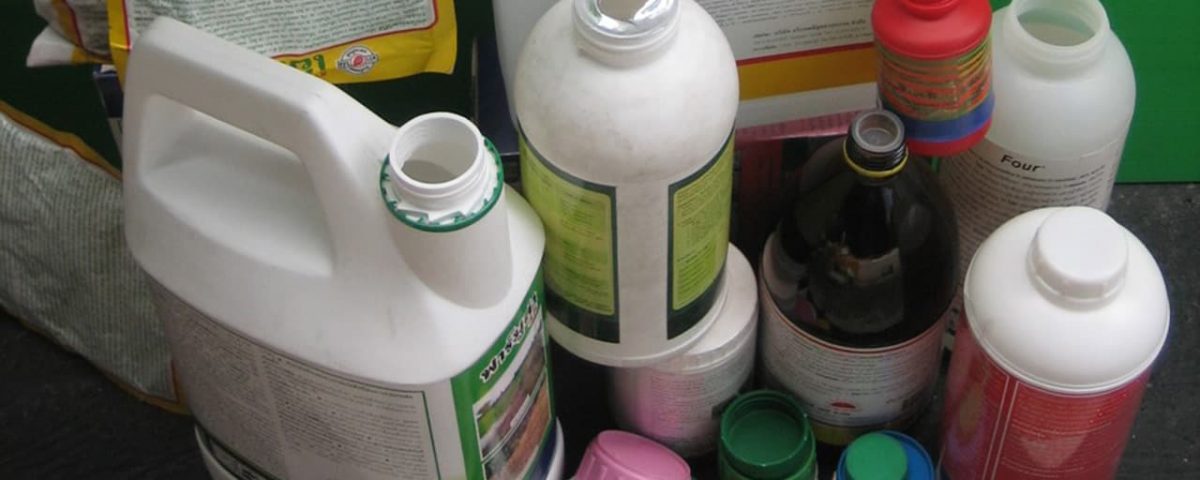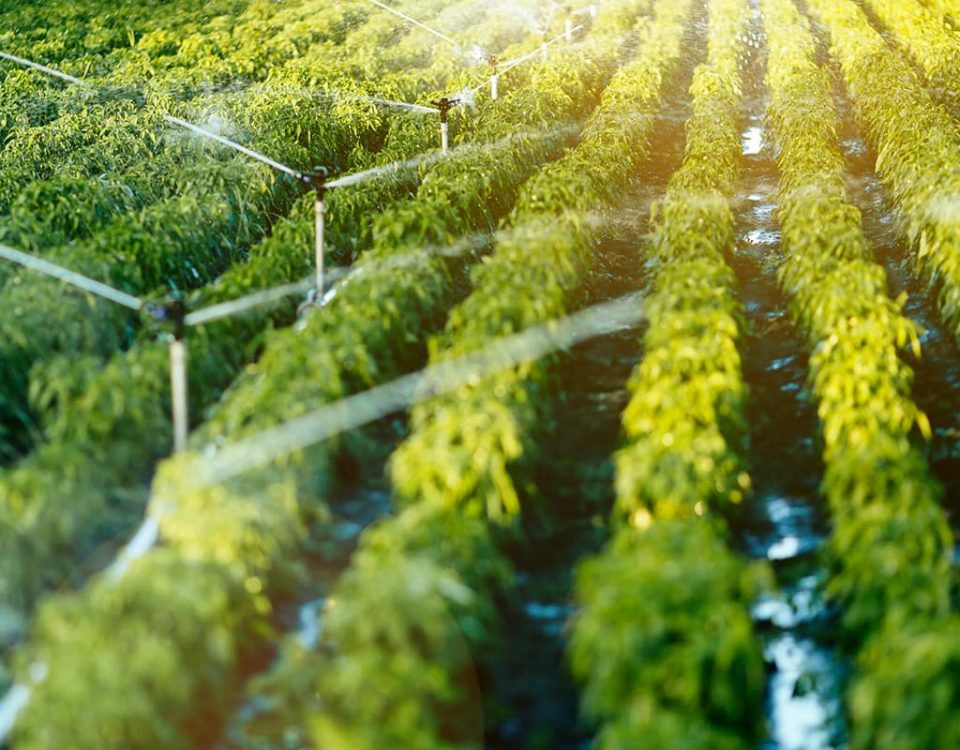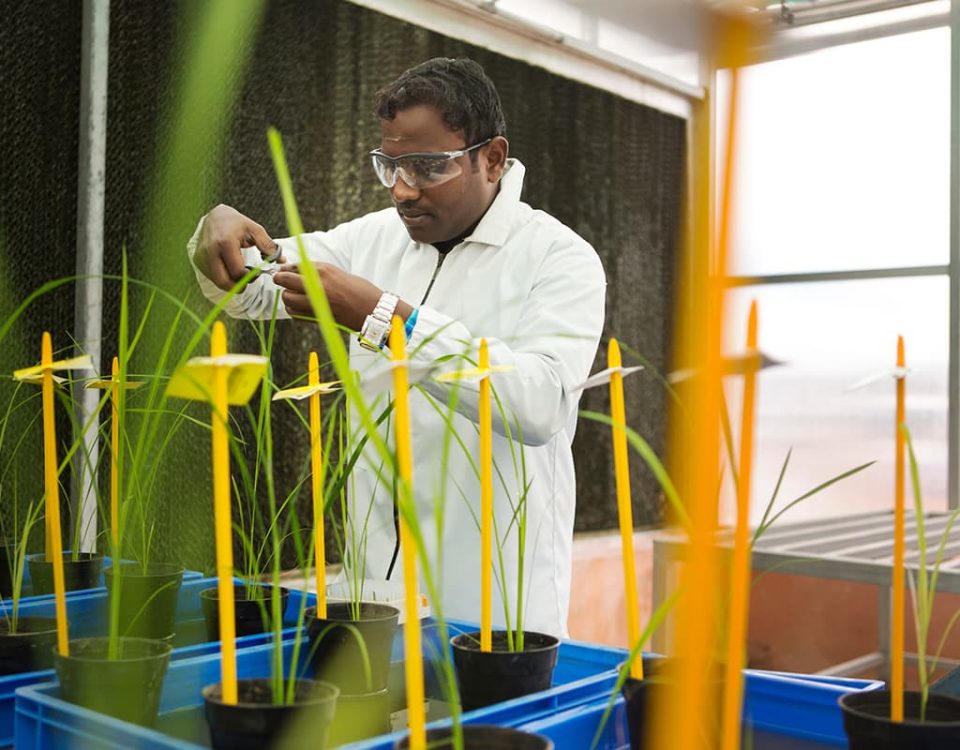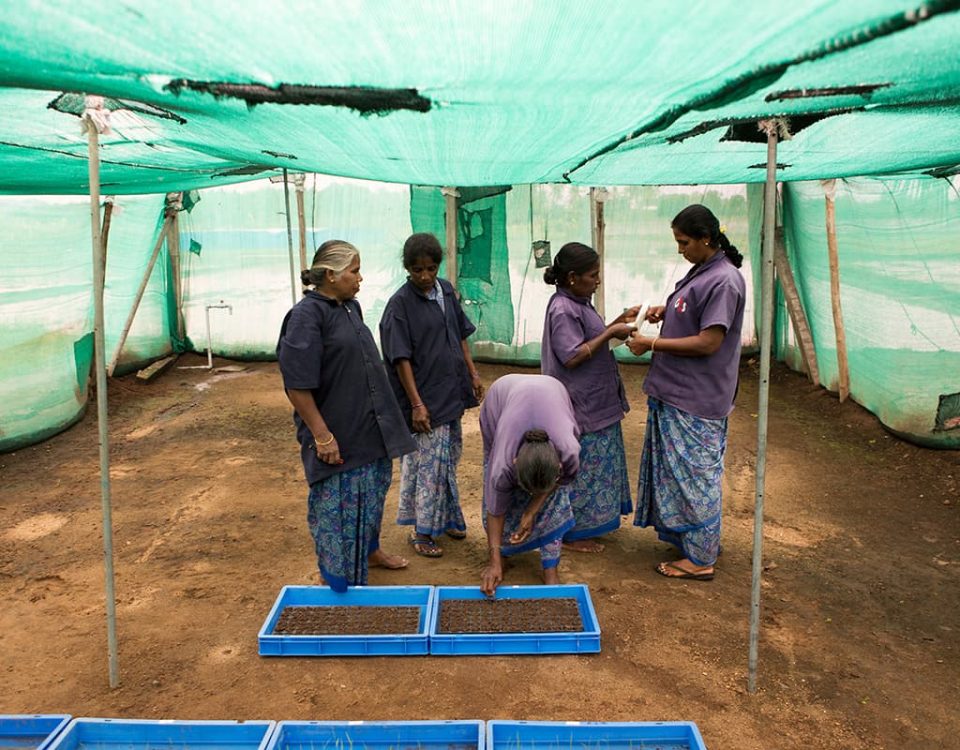Anti-Counterfeiting and Intellectual Property

True to its mission of advocating sustainable food production, CropLife Asia has been at the forefront of anti-counterfeiting and intellectual property advocacy for the plant science industry in Asia Pacific. Through workshops, awareness campaigns and engagement with multiple stakeholders, CropLife Asia has voiced the need to use the industry’s products only with the highest ethical standards.
We have worked in collaboration with governments across the region and have launched joint anti-counterfeiting programs with those governments as well as with the Association of Southeast Asian Nations-United States Patent and Trademark Office (ASEAN-USPTO) and other anti-counterfeiting groups.
Anti-Counterfeiting (ACF)
Counterfeiting of plant science products is a dangerous and growing problem. It bears a range of detrimental effects for the industry, farmers, national economies, and the environment.
The negative impact of counterfeits includes:
- Economic ruin for the farmer and potential loss of harvest due to use of an ineffective counterfeit product;
- Discouragement to honest local entrepreneurs from investing in legitimate product development;
- Hampering of trade and investment, employment, technology transfer, and tax revenues;
- Potential harm to the environment as counterfeits are not tested for safety whereas legal products are extensively tested before they are authorized for sale and for use
- Economic risk to countries that rely on export crops as buyers of export crops will boycott crops treated with counterfeit products
Ultimately, the effect of counterfeiting is that it could eliminate the incentive for plant science companies to continue investing in the development of new technologies that can help assure global food security and alleviate hunger and poverty. Furthermore, the defective nature of counterfeit pesticides and lack of stewardship risk the health and safety of workers, and farmers.
The plant science industry is committed to innovate and deliver highly regulated products to the world’s farmers, and thereby increase food security. A complementary approach to this is to see improved scrutiny by police, customs officers, and regulators, enforcement of intellectual property rights, and observance of greater transparency in the international trade of pesticides and active ingredients.

Intellectual Property
Innovation in agriculture plays a key role in driving long-term productivity, rural development and environmental sustainability. Innovation, therefore, needs to be encouraged, supported and protected. The plant science industry is one of the world’s most research- and development-intensive industries. It ranks in the top four global industries in terms of percentage of sales invested in research and development. For example, the industry’s top 10 companies invest approximately 7.5 percent of revenues into the research and development of cutting-edge products in crop protection, non-agricultural pest control, and seeds and plant biotechnology. All of these products aim to improve sustainable agricultural production. The adherence to Intellectual Property Rights (IPR) is an essential basis for innovation and progress in the plant science industry.
The reasons are:
- Intellectual property protection encourages continued investment in research and development, and to ensure that the plant science industry maintains its strong innovative base;
- The protection of regulatory data and confidential business information for both crop protection and biotechnology inventions helps reduce the likelihood of imitation from competitors. Our industry is committed to sustainable agriculture through innovative research and technology, and through continuous improvement of existing products.



